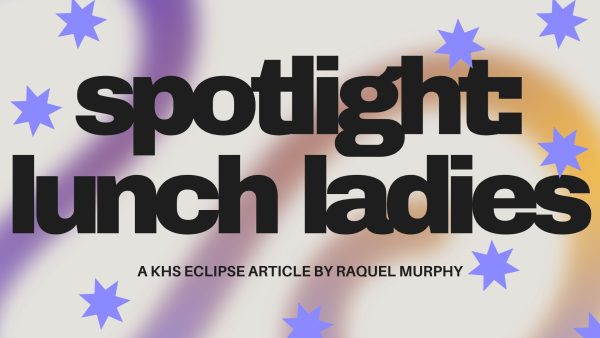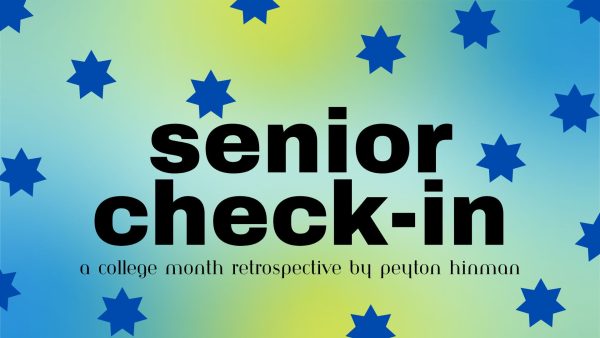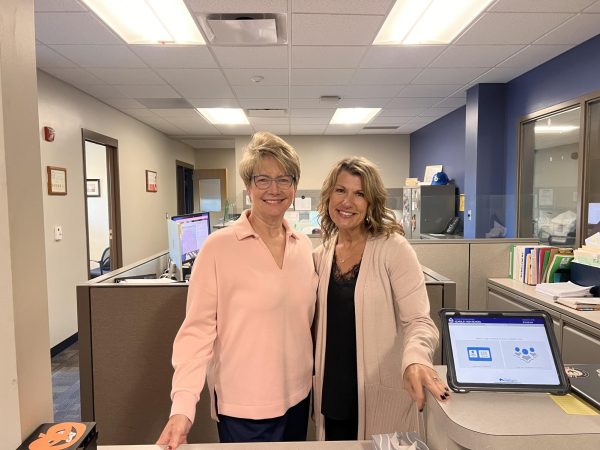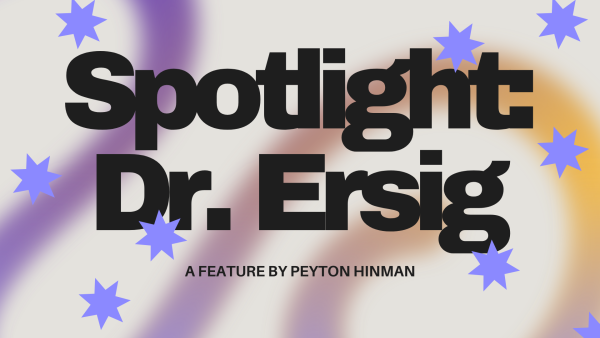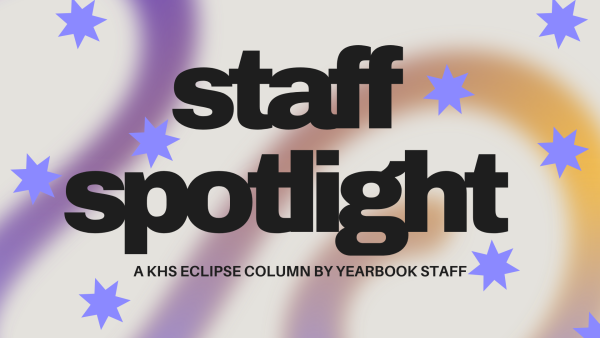Since the gap between married, single Americans shrinks, how important is Single Awareness Day?
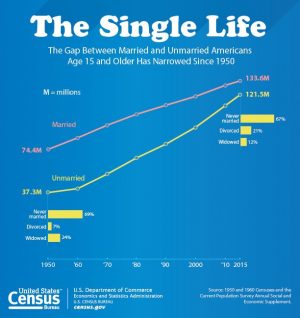
The difference between married and single Americans has been declining steadily since 1950.
Everyone knows that Valentine’s Day is Feb. 14, but not everyone knows that Singles Awareness Day exists.
Singles Awareness Day falls on Feb. 15, the day after Valentine’s Day. This day complements Valentine’s Day by recognizing those who are not in a romantic relationship.
This day is also known for its ironic acronyms, its sometimes referred to as S.A.D.
On this special day, some people hang out with their other single friends, buy themselves something nice, or indulge in all the leftover Valentine’s Day candy.
Senior Brenden Sells has never heard of Singles Awareness Day and said it doesn’t mean that much to him, just like Valentine’s Day is not a big deal either.
“It really doesn’t change what I can do about it (being single) because either I’m going to be single or not,” Sells said.
In addition, Sells said he doesn’t care about focusing on Valentine’s Day or being in a relationship.
“People make a big deal out of it (Valentine’s Day), but I don’t really see the point of it,” Sells said.
For Sells, staying focused during his senior year is essential.
He said, “I just feel I should focus more on myself and my schooling and get through that before anything.”
Another senior who had never heard of Single Awareness Day is Alexis Fidler.
“I’m glad there is one because I think it’s funny and cool,” Fidler said. “Well, I still think that Valentine’s Day is a sweet day, but it (Single Awareness Day) lets other people in the world who don’t have someone have an excuse to spoil themselves, in a sense.”
Fidler said SAD may a be good way for single people to reach out to one another.
“I mean, that way, since they (singles) know each other and can find each other easier,” Fidler said. “But being single is still a drag.”
The hype surrounding Valentine’s Day focuses on relationships, and the main purpose of a relationship, culturally, is to find the perfect person to marry.
But what’s interesting today a trend in American that has narrowed the gap between the number of married Americans and citizens who are single.
In 1950, almost 75 million Americans were married, while about 37 million were single. The gap was 37.1 million people.
Today, however, that gap has become smaller — 12.1 million.
In 2015, almost 134 million Americans were married, compared to almost 122 million who were single.
For today’s generation, the importance of marriage has varied.
In the mid 1900s, for instance, marriage was looked at to be a common goal for men and women. To be a good wife and husband and to start a family was ideal.
But times have changed, and now not everyone sees marriage as an ideal goal. People have different plans and ideas when it comes to marriage.
Students have different opinions when it comes to marriage and the importance of it.
Senior Zai Weine doesn’t understand why people get married to prove their love.
“Marriage is a scam to me,” Weine said. “Why do I have to get married to prove that I want to be with this person forever?”
But senior Connie Stein feels like marriage is important and said it is a goal for her.
“I want to get married because it’s what I’ve grown up around, and it’s something I’ve always known,” Stein said. “I want to be with someone and begin a new life together.”
Kearsley teachers also have their opinions on marriage.
Ms. Diane Hunt, psychology teacher, is divorced but is dating currently. She thinks that marriage isn’t something to rush into and that intention matters.
“Nothing is wrong with marriage as long as it’s with the right person,” Hunt said.
Mr. Brian Clark, accounting teacher, is married and loves his wife and the life they share together.
“I love being married. My wife’s awesome,” Clark said. “It’s a lot of teamwork, but I love the life I have with my wife and our kids.”
For Fidler, the single senior who would like to be in a relationship, getting married too soon is something she wants to avoid.
“I think people in my generation are starting to settle, getting married at an early age and rushing into things without fully seeing how it would work or seeing how it might be like to live with that person,” Fidler said. “I’m scared for people, but I’m not scared for myself because I trust myself to not get into a committed relationship, like marriage, that I don’t feel safe in.”
Fidler, like Stein, sees marriage in her future.
“I definitely think that marriage is a big thing for me,” she said. “I see myself married in the future with a family. I might not know how that exactly looks yet, but I know that I want to be married.”
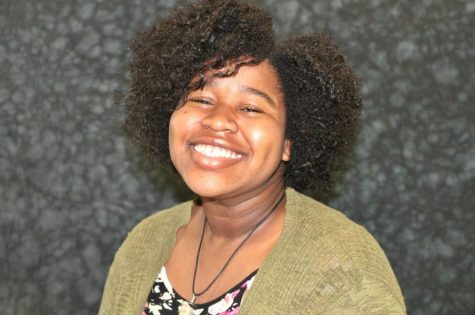
Birthday: February 11, 2000
Extracurricular activities: National Honor Society
Hobbies: Henna art
Plans after high school: Attend college to...

